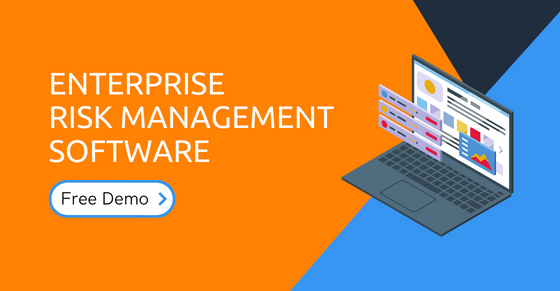Global events of recent years have put non-financial/emerging risks into sharp focus for boards and directors. From an increase in cyber attacks and the impacts of COVID-19 to the heightened public awareness around workplace sexual harassment and climate change, organisations must now have a clear strategy and processes in place to manage the many emerging risks.
In this article we look at the biggest non-financial risks that businesses are facing, explain why your board needs to pay attention to them and discuss what you can do to mitigate them.
Organisations are adopting more structured risk management processes for daily operations and instilling a risk-aware culture top down has become integral to a Board’s oversight responsibilities and strategy.
It is 2023 and it is now, in the post-pandemic world, that shareholders, investors and customers are expecting Boards to be more systematic and well prepared to manage and report on risks - especially climate and cyber risks. According to the World Economic Forum’s Global Risks Report (2022), the top 10 business risks, in the next decade, are predominantly environmental, geopolitical and societal - not financial. Managing these non-financial risks has become key as there is increased regulatory focus in these areas.
#1 - Digital security
Global online activity has increased during the pandemic and this has resulted in cyber attacks becoming more common. They are not the only threat, boards need to also focus efforts on educating staff at all levels to make sure internal protocols are followed and any upgrades or migrations are well-planned to minimise downtime and breaches. Software solutions like RiskWare can help your Board manage cyber security risks and enable better decision making.
#2 - Environment, Social and Governance
Organisations need clear and transparent policies and processes on environmental impacts and be able to demonstrate responsibility in actions. Directors need to be aware of these risks and ensure that they are considered in the risk management and governance framework.
#3 - Reputational damage
In case of a mismatch between public perception and actual objectives and resources of an organisation, there’s reputation risk at stake. Financial costs will often follow soon after an allegation of serious misconduct such as privacy breaches and failure to meet objectives. Adopting policies to address vulnerabilities before exposure is essential.
#4 - Clinical health, safety and wellbeing
The Royal Commission into Aged Care report highlights the need for improvements in this area for many in the health sector. Clinical risk management is becoming the need of the hour as there’s often gaps in implementation or sporadic reporting by staff or inadequate responses from management to take into consideration. Boards in the healthcare sector are reviewing the findings of the report and considering their risk management frameworks for the future.
#5 - Pandemic recovery
Social cohesion disruption, livelihood disruption and mental health deterioration’ are noted in the 2022 World Economic Forum as emerging threats over the next two years. The impact of COVID-19 must be addressed, such as supply chain vulnerabilities and changes in working arrangements, alongside new opportunities that have been identified.
There’s a lot of opportunity for Boards to incorporate non-financial risks into their risk management framework, even consider their risk appetite and find digital technologies that can help adjust that to reflect the changing environment for non-financial risk management. It's time for your Board to develop a greater risk maturity and protect your organisation from non-financial and emerging risks.
If you are considering a digital solution that can help you with your regulatory needs and manage risks in a systematic way, consider our risk management software that can help.











Leave a comment